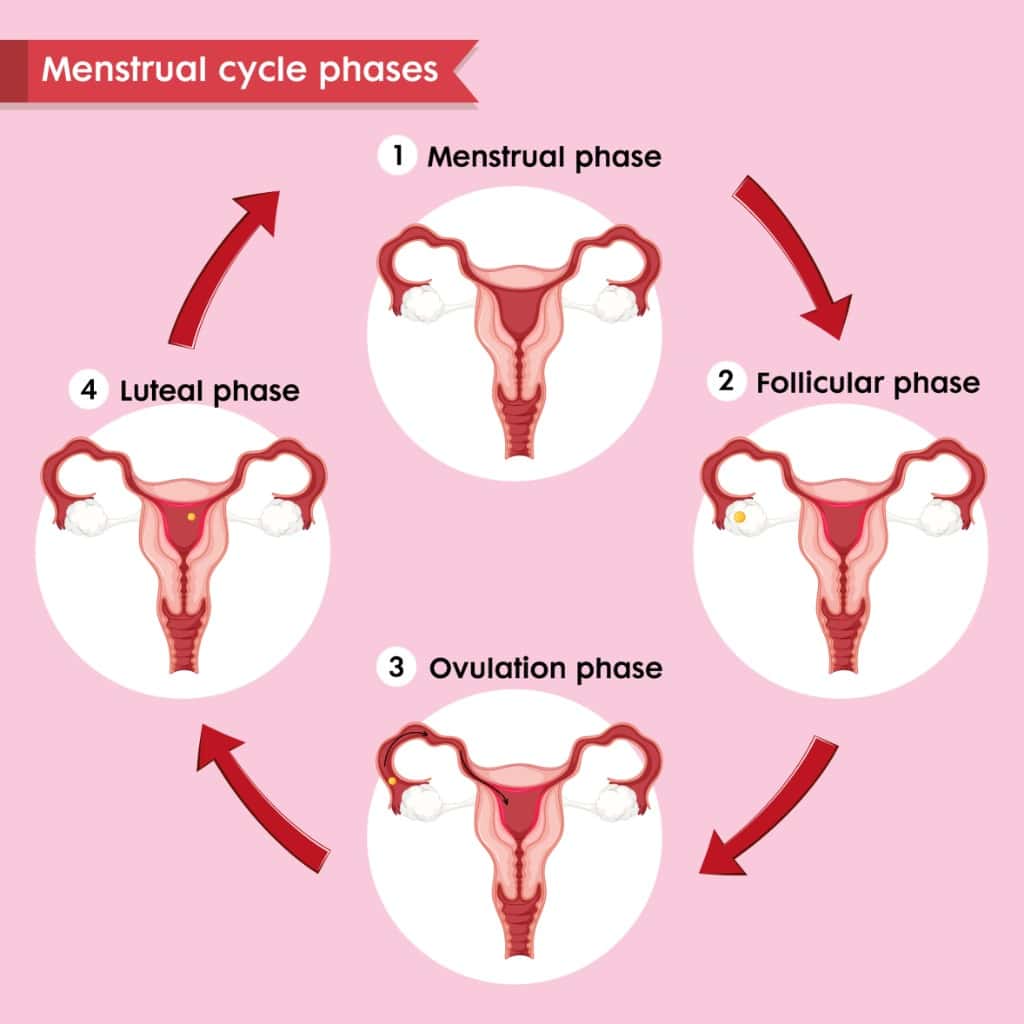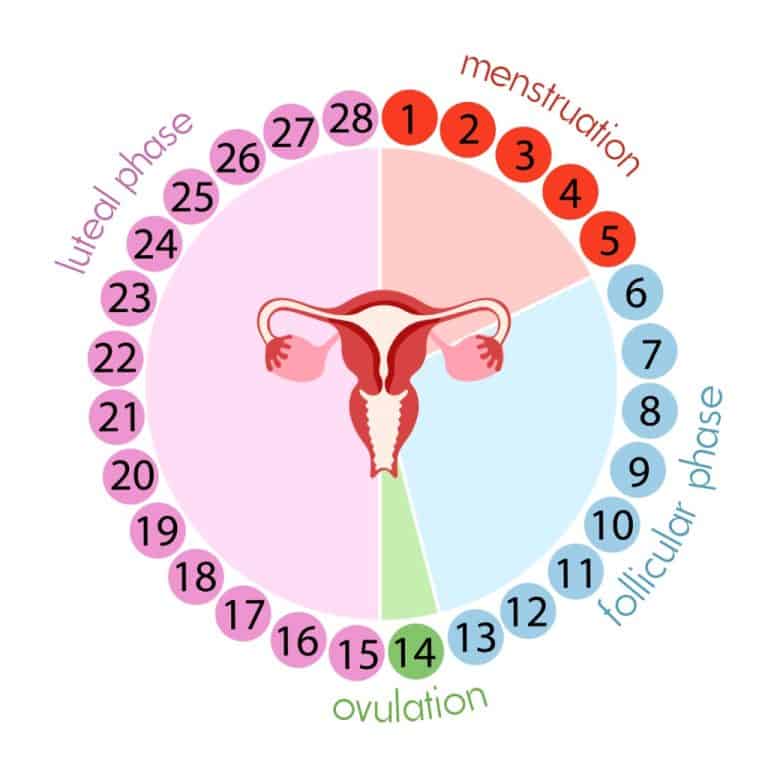Welcome to our online menstrual cycle quiz! Whether you’re a student learning about the female reproductive system or just curious about how it all works, this quiz is for you. The menstrual cycle is an important process that happens in the body of people with female reproductive systems, and this quiz will test your knowledge on its different phases and functions.
In this quiz, you’ll be asked questions about the four main phases of the menstrual cycle: menstruation, follicular phase, ovulation, and luteal phase. Don’t worry if these terms sound unfamiliar – we’ll explain them all in the quiz. By the end of this quiz, you’ll have a better understanding of how the menstrual cycle works and why it’s an important part of reproductive health. So, let’s get started and see how much you know about this fascinating process!
Play Menstrual Cycle Quiz
Instructions
- This quiz is multiple choice.
- Read each question carefully before selecting an answer.
- Choose the best answer for each question.
- You will see the missed questions with correct answers at the end of the quiz.
Menstrual Cycle Labels

Quick Facts
- Women go through a monthly process where their bodies prepare for a potential pregnancy.
- During this time, the uterus lining thickens in case a fertilized egg needs to be implanted.
- This process typically lasts about 28 days, although it can vary from person to person.
- Hormone levels fluctuate throughout the cycle, causing different symptoms like bloating and mood swings.
- Periods typically last about 3-7 days, with the heaviest flow occurring in the first few days.
- Cramps are a common symptom during this time, caused by the uterus contracting to shed its lining.
- It’s important to track your cycle to understand your body better and anticipate when your period will start.
- Changes in diet, exercise, and stress levels can all affect the regularity of your cycle.
- Birth control can help regulate and lighten periods for some women.
- If you have irregular periods or severe symptoms, it’s important to talk to your doctor to rule out any underlying health issues.
Downloads
Study Tips
- Create a study schedule and stick to it.
- Find a quiet and comfortable study environment.
- Remove distractions such as phones and social media.
- Take breaks every 25-30 minutes to avoid burnout.
- Use active studying techniques like summarizing, highlighting, and teaching concepts to someone else.
- Practice retrieval by testing yourself with flashcards or practice quizzes.
- Stay organized with notes, study guides, and resources.
- Stay hydrated and eat brain-boosting foods like fruits, nuts, and whole grains.
- Get enough sleep to improve memory retention and cognitive function.
- Reward yourself for reaching study goals to stay motivated.
